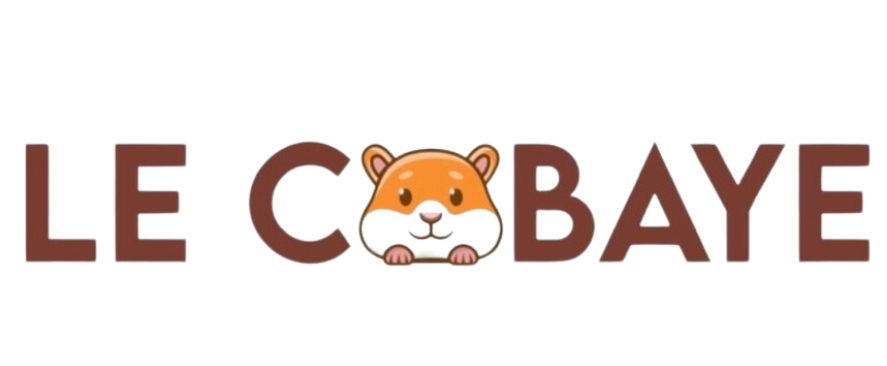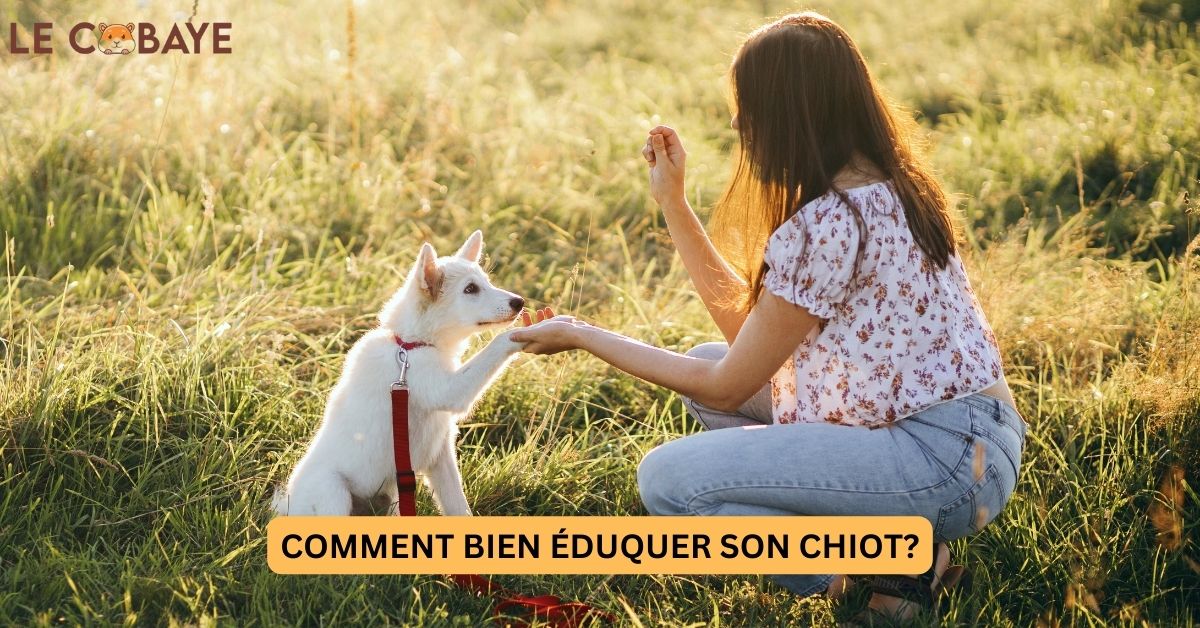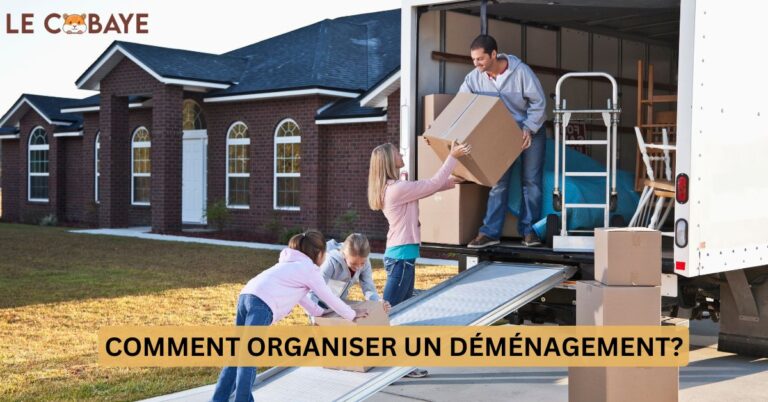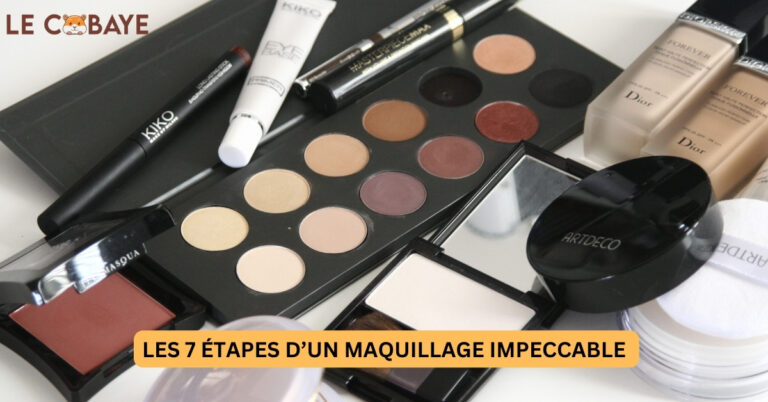HOW TO TRAIN YOUR PUPPY PROPERLY
Training a puppy is a rewarding adventure that requires patience, consistency and a lot of love. Here are some key tips to help you get this experience off to a good start:
START EARLY
Training begins from the first day your puppy arrives at your home. Even at a young age, puppies are capable of learning simple commands and good manners.
SOCIALIZATION
Socialization is crucial between the ages of 3 and 16 weeks. Expose your puppy to different environments, sounds, people, children and other animals in a controlled and positive way. This helps prevent the development of fears and aggression.
ESTABLISH CLEAR RULES
Set ground rules and be consistent in applying them. If something is forbidden, it should always be prohibited, regardless of context or situation.
USE POSITIVE REINFORCEMENT
Reward desired behaviors with treats, praise, or games. Positive reinforcement makes learning more enjoyable and effective, and strengthens the bond between you and your puppy.
POTTY TRAINING
Be patient and consistent. Take your puppy out frequently, especially after meals and after he wakes up. Praise him every time he goes potty outside. If there is an accident inside, do not punish him after the fact, because he will not understand the reason for the punishment.
CHEWING AND CHEWING
Provide your puppy with appropriate chew toys. If your puppy nips you, firmly say “no” or “ouch” and turn your attention away from him for a few moments.
This will teach him that nipping ends play and attention.
TEACH HIM TO BE ALONE
Gradually get your puppy used to being alone to avoid separation anxiety. Start with short periods and increase them gradually.
LEASH TRAINING
Get your puppy used to the leash and collar/harness from the start. Start with short walks in a quiet environment to familiarize him with the experience.
BASIC COMMANDS
Teach basic commands like “sit,” “stay,” “come,” and “down.” These commands not only reinforce your role as a leader, but also help keep your puppy safe in different situations.
PATIENCE AND CONSISTENCY
Training a puppy requires a lot of patience and consistency. Don't be discouraged by mistakes or accidents; each puppy learns at its own pace.
CONSULT PROFESSIONALS
If you encounter difficulties, do not hesitate to consult a professional dog trainer. They can offer personalized advice and effective education strategies.
SHORT AND FUN WORKOUT SESSIONS
Keep training sessions short, especially for young puppies, as they have short attention spans.
Sessions of 5 to 10 minutes, several times a day, are most effective and keep learning fun and engaging for your puppy.
IGNORE UNWANTED BEHAVIOR
Sometimes ignoring unwanted behavior is more effective than punishing your puppy. For example, if your puppy jumps for attention, simply turn your back on him until he calms down.
Once calmed down, give him the attention he wants. This teaches him that calm, not jumping, is the way to get what he wants.
DAILY ROUTINE
Puppies thrive on a routine. Try to feed, go outside, and play with your puppy at around the same times each day. This helps secure your puppy and makes it easier to potty train and other desirable behaviors.
TARGETED SOCIALIZATION
Beyond just exposure to new people and situations, work on targeted socialization.
This means exposing your puppy to specific situations he is likely to encounter throughout his life, such as visiting the vet, being brushed, or hearing loud noises like vacuum cleaners or fireworks, in a positive way and controlled.
LEARNING TO “LEAVE” AND “GIVE”
Teaching your puppy to “leave” or “give” objects is crucial to his safety. This can prevent him from swallowing dangerous objects and reinforces your control as the owner.
ENVIRONNMENT MANAGEMENT
Sometimes the best way to prevent unwanted behavior is to manage your puppy's environment. This might mean removing objects he shouldn't chew, using baby gates to limit his access to certain parts of the house, or providing a comfortable “safe zone” where he can relax.
REINFORCEMENT OF THE REMINDER
Good recall (coming when called) is potentially a life-saving skill for your dog. Practice it often, in different environments, and always with great rewards.
Start in low-distraction environments and gradually increase the level of distraction.
BE A CALM AND ASSERTIVE LEADER
Puppies and dogs feel secure with a calm, assertive leader. Show this energy in your training and daily interactions. This helps strengthen your bond and makes learning easier.
TAKE CARE OF YOURSELF TOO
Raising a puppy can be stressful. Make sure you take care of yourself too, and don't hesitate to ask for help when you need it.
A happy, balanced owner is the best thing for a happy, well-behaved puppy.
Training a puppy is a long-term commitment that brings great rewards. By investing time and effort into training your puppy from the beginning, you will lay the foundation for a healthy and happy relationship for years to come.
Remember that each puppy is unique and can learn at different rates. Celebrate small victories and stay positive, even when things don't go as planned.
With time, patience and lots of love, your puppy will grow up to be a loyal, well-behaved companion.








Hi there, just became alert to your blog through Google, and found that it’s really
informative. I am gonna watch out for brussels. I’ll appreciate if you continue this
in future. Numerous people will be benefited from your writing.
Cheers! Escape roomy lista
Very interesting information!Perfect just what I was looking for!!
Greetings! Very helpful advice within this article! It’s the little changes that will make the largest changes. Many thanks for sharing!
Nice post. I learn something new and challenging on blogs I stumbleupon everyday. It’s always interesting to read content from other authors and use something from their sites.
Oh my goodness! Awesome article dude! Thanks, However I am experiencing difficulties with your RSS. I don’t understand why I am unable to subscribe to it. Is there anybody else getting similar RSS issues? Anyone who knows the answer can you kindly respond? Thanks.
Aw, this was a very nice post. Taking a few minutes and actual effort to generate a really good article… but what can I say… I put things off a lot and don’t manage to get anything done.
I would like to thank you for the efforts you have put in writing this site. I really hope to view the same high-grade content by you later on as well. In truth, your creative writing abilities has motivated me to get my own website now 😉
It’s hard to come by well-informed people in this particular subject, but you seem like you know what you’re talking about! Thanks
I was very pleased to uncover this great site. I want to to thank you for your time due to this fantastic read!! I definitely enjoyed every little bit of it and i also have you book-marked to look at new things on your web site.
Good day! I just want to give you a huge thumbs up for your excellent info you have got here on this post. I will be coming back to your website for more soon.
There’s certainly a great deal to learn about this topic. I love all the points you’ve made.
I like it when people get together and share thoughts. Great website, keep it up.
You’re so interesting! I do not think I have read through something like that before. So wonderful to find somebody with a few original thoughts on this topic. Seriously.. many thanks for starting this up. This site is one thing that is needed on the web, someone with a bit of originality.
I needed to thank you for this very good read!! I definitely loved every bit of it. I’ve got you book-marked to check out new stuff you post…
I’m impressed, I have to admit. Rarely do I come across a blog that’s both educative and engaging, and without a doubt, you’ve hit the nail on the head. The issue is something that too few men and women are speaking intelligently about. I am very happy I found this in my search for something concerning this.
This web site truly has all the information and facts I needed concerning this subject and didn’t know who to ask.
There’s certainly a lot to find out about this subject. I really like all the points you made.
I’m impressed, I must say. Seldom do I come across a blog that’s both educative and entertaining, and let me tell you, you’ve hit the nail on the head. The problem is an issue that not enough men and women are speaking intelligently about. I’m very happy that I found this during my search for something relating to this.
I’m impressed, I have to admit. Rarely do I come across a blog that’s both equally educative and interesting, and let me tell you, you’ve hit the nail on the head. The problem is something that not enough people are speaking intelligently about. Now i’m very happy I came across this in my search for something regarding this.
Everyone loves it when people get together and share views. Great blog, stick with it!
Excellent post! We will be linking to this particularly great article on our site. Keep up the good writing.
Everyone loves it when folks get together and share ideas. Great site, continue the good work!
An intriguing discussion is worth comment. I believe that you ought to write more about this subject matter, it might not be a taboo subject but usually folks don’t speak about such issues. To the next! Kind regards!
I could not resist commenting. Very well written!
An intriguing discussion is worth comment. I believe that you need to write more about this issue, it might not be a taboo matter but typically folks don’t discuss such issues. To the next! Many thanks.
Hello! I just would like to give you a big thumbs up for the great information you have got here on this post. I am coming back to your web site for more soon.
bookmarked!!, I like your blog!
Saved as a favorite, I really like your blog!
Having read this I thought it was extremely enlightening. I appreciate you finding the time and effort to put this article together. I once again find myself spending a lot of time both reading and leaving comments. But so what, it was still worthwhile!
Good post. I learn something new and challenging on websites I stumbleupon everyday. It’s always useful to read through articles from other writers and use a little something from their sites.
Having read this I believed it was very informative. I appreciate you finding the time and effort to put this article together. I once again find myself spending way too much time both reading and posting comments. But so what, it was still worthwhile!
Greetings! Very helpful advice within this article! It’s the little changes which will make the greatest changes. Thanks a lot for sharing!
This page definitely has all of the information I wanted concerning this subject and didn’t know who to ask.
Pretty! This was a really wonderful post. Many thanks for supplying this information.
May I simply say what a comfort to find a person that really understands what they’re talking about on the internet. You definitely understand how to bring a problem to light and make it important. More people need to look at this and understand this side of the story. It’s surprising you aren’t more popular given that you surely have the gift.
There’s certainly a lot to learn about this topic. I love all the points you’ve made.
I quite like reading an article that can make people think. Also, thanks for permitting me to comment.
Everyone loves it when individuals come together and share thoughts. Great site, continue the good work.
This is a good tip particularly to those fresh to the blogosphere. Short but very accurate info… Thanks for sharing this one. A must read article.
I like it when individuals get together and share views. Great site, keep it up!
Can I simply just say what a comfort to uncover someone who actually understands what they’re discussing online. You actually realize how to bring an issue to light and make it important. More and more people should look at this and understand this side of your story. I was surprised you’re not more popular since you most certainly have the gift.
Excellent post! We will be linking to this great post on our website. Keep up the good writing.
I could not resist commenting. Very well written!
Good day! I could have sworn I’ve been to this web site before but after browsing through a few of the posts I realized it’s new to me. Anyways, I’m certainly happy I discovered it and I’ll be bookmarking it and checking back often.
Spot on with this write-up, I really think this web site needs a great deal more attention. I’ll probably be returning to read more, thanks for the advice!
An outstanding share! I have just forwarded this onto a friend who has been conducting a little homework on this. And he in fact bought me dinner because I found it for him… lol. So let me reword this…. Thank YOU for the meal!! But yeah, thanx for spending some time to discuss this issue here on your web page.
Very good post. I will be facing many of these issues as well..
A fascinating discussion is definitely worth comment. There’s no doubt that that you need to write more on this topic, it may not be a taboo subject but generally folks don’t discuss such topics. To the next! Many thanks!
Excellent post. I’m dealing with many of these issues as well..
There’s certainly a great deal to find out about this issue. I love all the points you have made.
Hi, I do believe this is a great site. I stumbledupon it 😉 I am going to return yet again since I book marked it. Money and freedom is the greatest way to change, may you be rich and continue to help other people.
Greetings! Very helpful advice in this particular article! It is the little changes that produce the largest changes. Many thanks for sharing!
I needed to thank you for this good read!! I certainly loved every bit of it. I’ve got you saved as a favorite to look at new things you post…